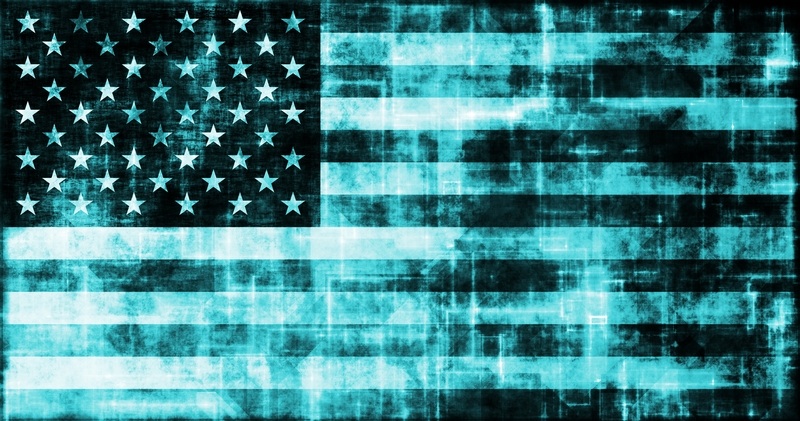The U.S. & Internet Oppression
The real challenge for Internet freedom? U.S. hypocrisy. And there’s no app for that. Secretary Clinton’s speech on Internet freedom didn’t address the U.S. and Internet oppression.
Sign up for the Smarter Faster newsletter
A weekly newsletter featuring the biggest ideas from the smartest people
Secretary Clinton’s speech on Internet freedom was full of good news. The US has a more grown-up view of the complexities of Internet freedom and its importance. The bad news was in what Clinton didn’t address: the role US foreign policy and US companies play in Internet oppression. Presumably, it’s quite embarrassing for Clinton that Narus — an American company now owned by Boeing — supplied Egypt with technology that allowed it to spy on Internet users. Another American company, Cisco, provided some of the key ingredients for China’s draconian system of Web controls.
Sign up for the Smarter Faster newsletter
A weekly newsletter featuring the biggest ideas from the smartest people



